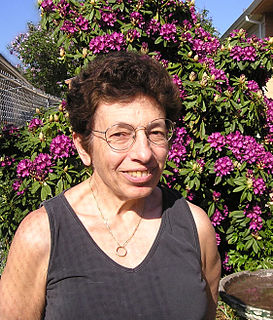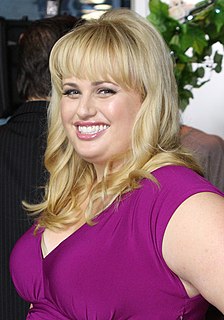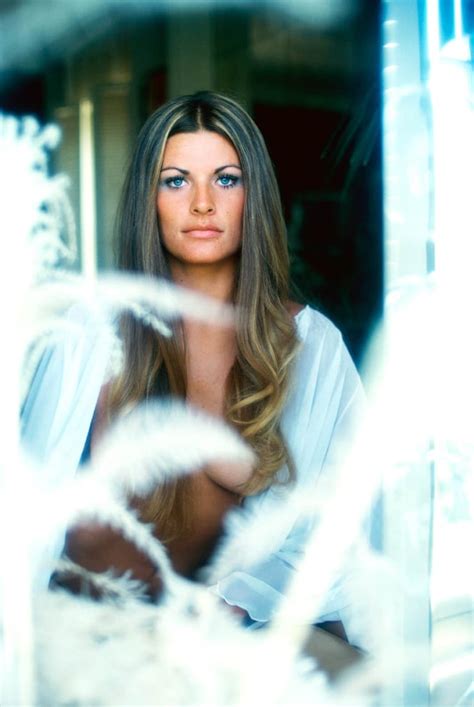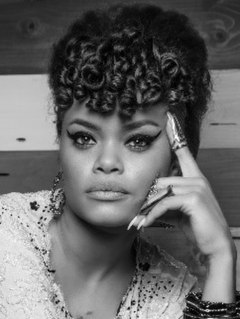A Quote by Audre Lorde
There are lesbians, God knows... if you came up through lesbian circles in the forties and fifties in New York... who were not feminist and would not call themselves feminists.
Related Quotes
I stand here as a black lesbian feminist, having been invited to comment within the only panel at this conference where the input of black feminists and lesbians is represented. What this says about the vision of this conference is sad, in a country where racism, sexism and homophobia are inseparable. . . .
I travel 250 days a year. There are chef friends who I only see every couple of years. By conventional standards I'm a bad friend. I'm not there to remember your birthday or to offer you words of support through Twitter. I'm not up on what you're doing in New York because I'm not in New York. I'm not what people call in parenting circles "present."
Then the question began to live under my blankets: How did lesbianism begin? What were the symptoms? The public library gave information on the finished lesbian--and that woefully sketchy--but on the growth of a lesbian, there was nothing. I did discover that the difference between hermaphrodites and lesbians was that hermaphrodites were "born that way." It was impossible to determine whether lesbians budded gradually, or burst into being with a suddenness that dismayed them as much as it repelled society.
God doesn't like lesbians," Grandma Huberman hised, throwing the magazine in the trash. Jennifer knew what lesbian meant, and she knew she probably was one. But she couldn't understand why God would hold that against her or against Monica Mathers, who'd never started a war or killed anybody, and whose deadeye three-pointers were straight-up amazing. After all, hadn't God made both of them? But people were like that, she'd noticed. They'd invoke Godly privilege at the weirdest of times and for the most stupid reasons.
It used to be, if you wanted to have a strong, influential voice in the feminist movement, you really needed to be part of this New York/D.C. elite group of feminists, or part of a mainstream feminist organization. And now it's kind of an amazing thing that you can just start a blog and put your voice out there and build your readership.
I can't really speak to what it was like to call yourself a feminist in the past on a personal level but I think calling oneself a feminist in the past may have been inimical because feminists in the '70s were the first to really challenge deeply embedded gender roles and demand concrete political and economic rights. They were asking for rights that seemed like a direct threat to those in power - they were asking for equality in a society that didn't have it in an obvious way. They were put down and villainized because they were seen as threatening.





































